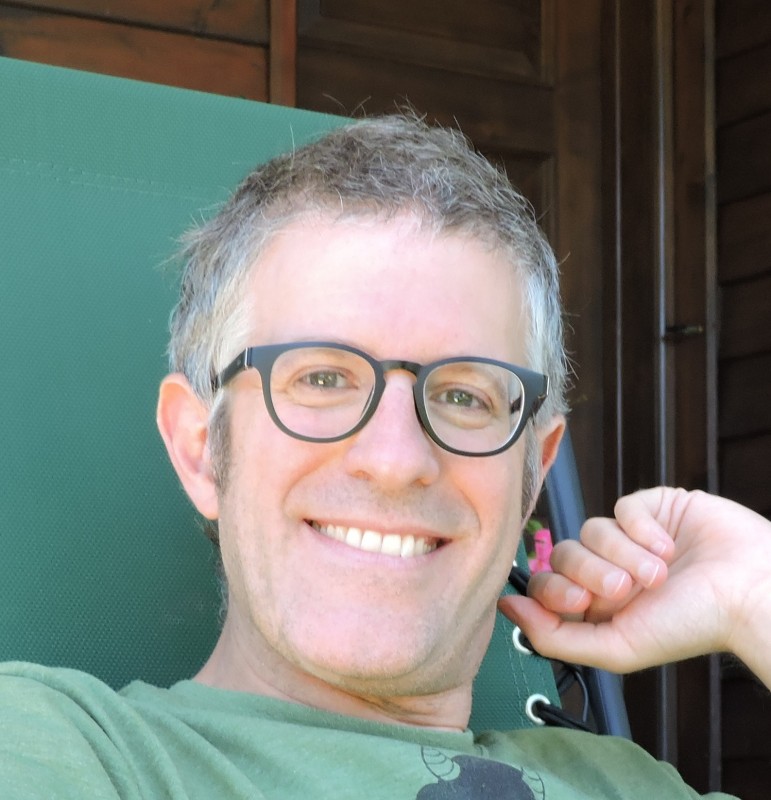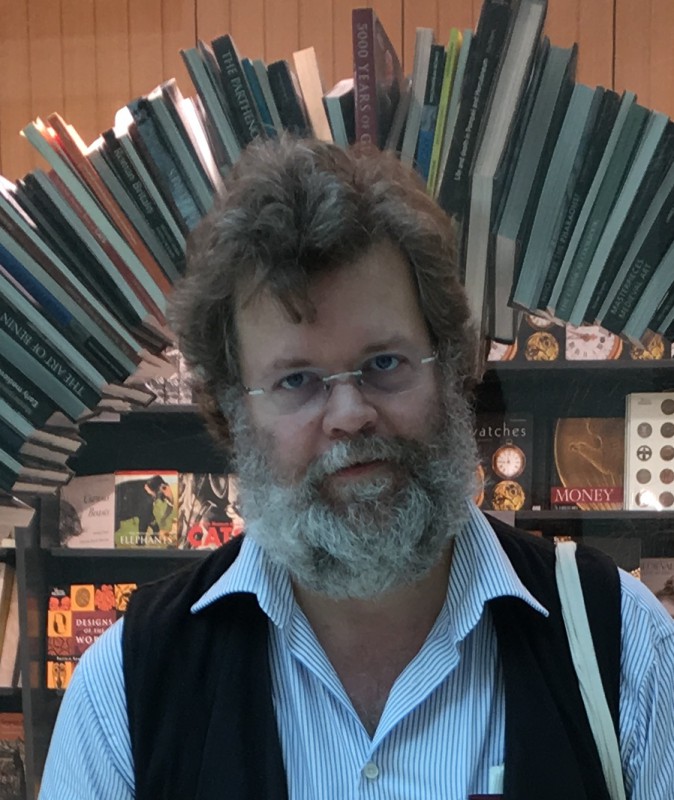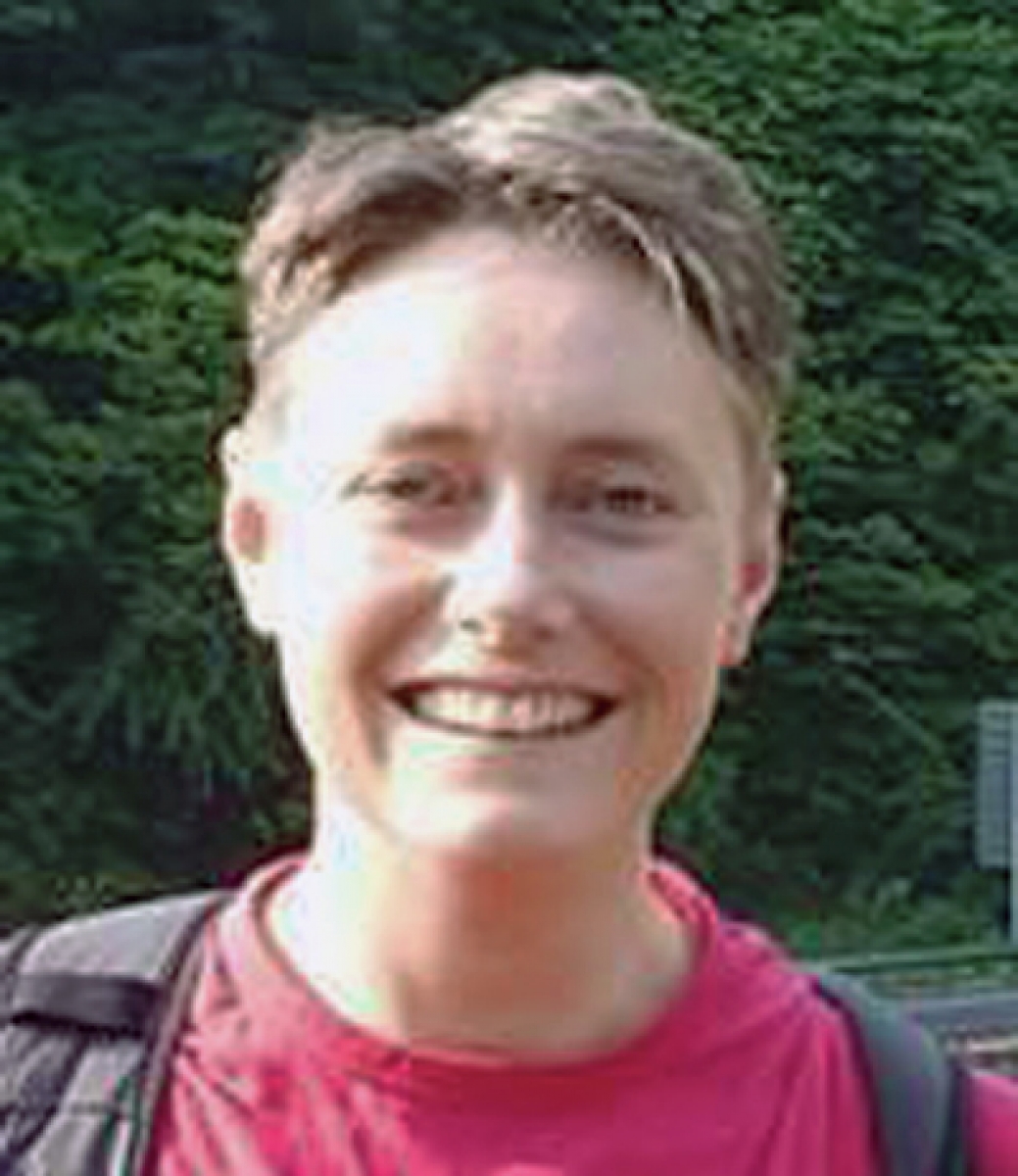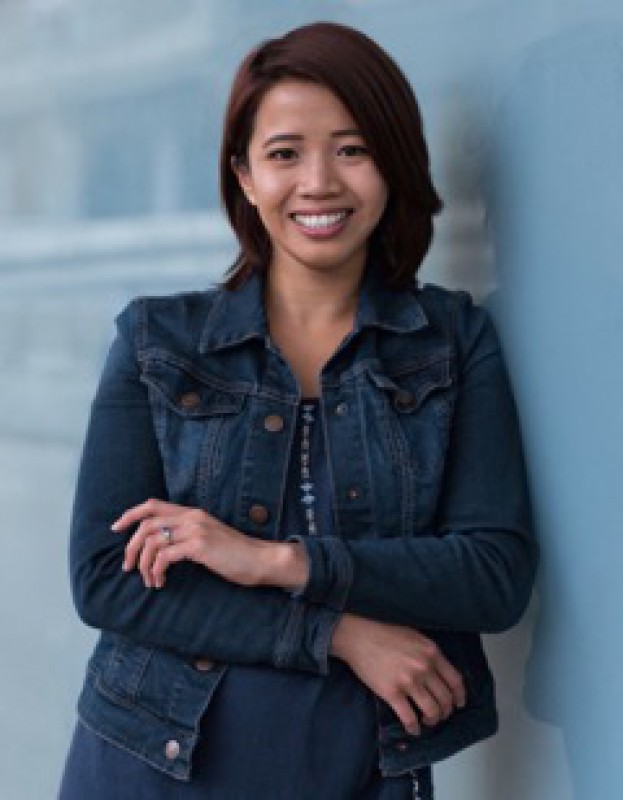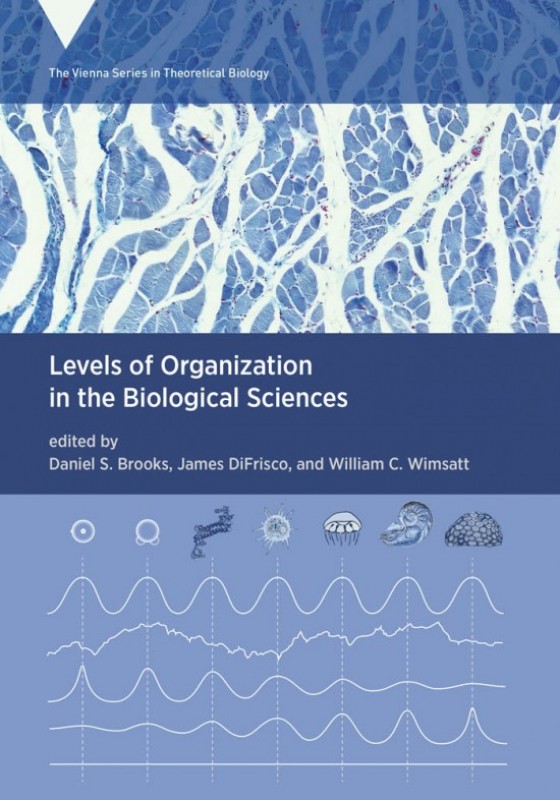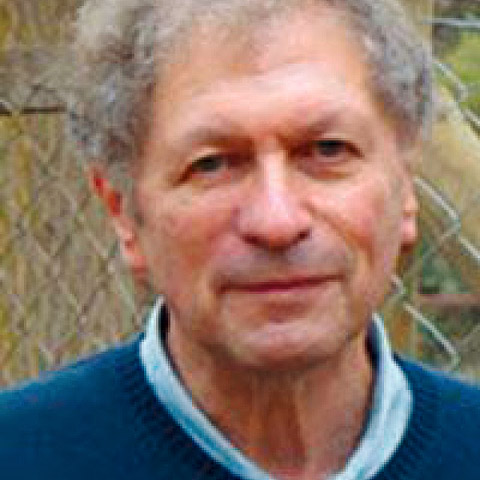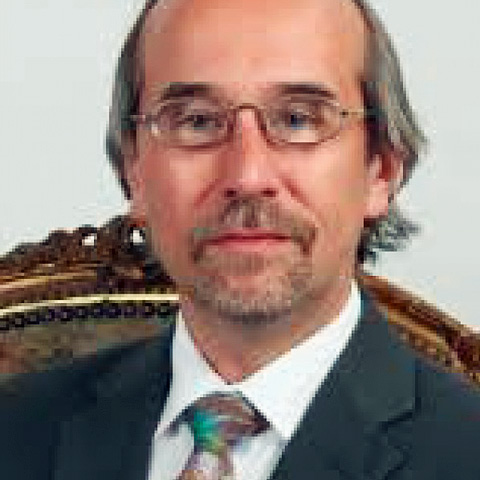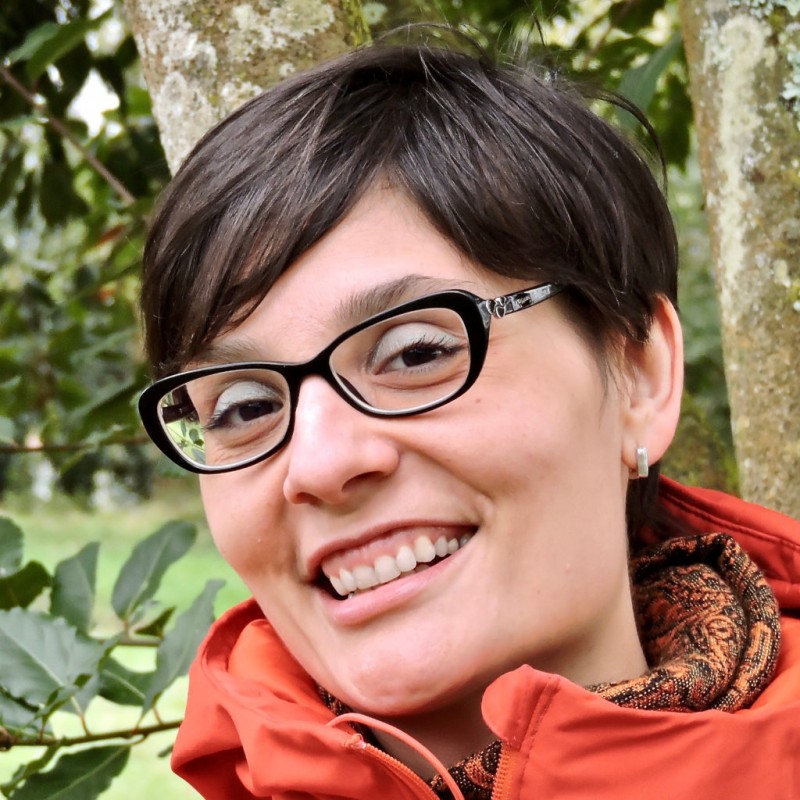News
2023-04-26
Making a Whole Biont: An Organizational Account of Physiological Individuality
Leonardo BICH (University of the Basque Country), 2023-05-04 15:00 (CET). To join our colloquium please register with Zoom
2019-04-01
Major Transitions in Biology, Technology and Finance: The Role of Platforms
KLI Colloquium: Manfred LAUBICHLER (Arizona State University), 9 April, 5.00 pm
2020-03-05
Macaque Variation: Local Adaptation or Plasticity?
VIRTUAL KLI Colloquium: Sarah ELTON (Durham University), 17 March 2020, 5.00 pm.
Email registration required.
2020-06-16
Living up to the Ethics of Cross-Cultural Research During Biological Sampling With Vulnerable Communities in the Era of “-Omics” and Big-Data Research
Virtual KLI Colloquium: Stephanie SCHNORR (University of Nevada & KLI, Klosterneuburg) & Alyssa CRITTENDEN (University of Nevada), 23 June 2020, 5.00 pm.
To join our online colloquium please register with Zoom.
Deadline for the registration: 3 pm on the day of the talk—no admission in the room after 5:05 pm!
2017-09-29
Life Enabled: A General Principle of Biological Identity
KLI Colloquium by Lynn Chiu (University of Bordeaux).
2021-11-26
Levels of Organization in the Biological Sciences: an interview with the editors
A book that investigates key issues on levels of organization, including new thinking on downward causation, dynamical autonomy, and compositionality in complex biological systems.
2023-02-01
Leo Bich to write Cambridge Elements book on Biological Organization
Visiting fellow Leo Bich has signed a book contract with Cambridge University Press to write about "Biological Organization."
2018-02-16
Lecture Series in Cognitive Biology
Isabella Sarto-Jackson (KLI) will be giving a lecture series in Cognitive Biology at the Comenius University in Bratislava. Course is open to cognitive science and biology students of all levels.
2017-10-18
Lebewesen-Vielfalt entstand nicht durch beinharte Selektion
Interview of Stuart Newman with Jochen Stadler (Austrian Press Agency – APA)
2022-11-09
Learning and Evolution
Eörs SZATHMARY (KLI, Klosterneuburg & Parmendies Foundation, Pöcking & Institute of Evolution, Budapest), 17 November 2022, 3.00 pm. To join our colloquium please register with Zoom.
2024-03-05
Laura Menatti is invited to give a talk at the Institute for Practical Ethics, University of California San Diego
Laura Menatti is invited to give a talk at the Institute for Practical Ethics, University of California San Diego, on the 14th of March. The talk is titled "Understanding the Current Health and Climate Crisis through the Concept of Salutogenesis" . For abstract and details, please read on.
2024-03-11
Launch of Hari Sridhar´s new website Reflections on Papers Past, an oral history project on famous papers in Ecology, Evolution, Behaviour and Conservation
What do authors of 'citation classics' feel about their papers? How did they come to write those famous papers and how did those papers affect their lives and careers? Are those findings still valid decades after their publication? Hari Sridhar's new website https://reflectionsonpaperspast.com
features his interviews with authors of famous papers in Ecology, Evolution, Behaviour and Conservation, (154 interviews so far!) about back-stories of those papers and the authors' reflections on their impact, validity and relevance today, decades after their publication. (Click on title to read on!)
2018-02-12
Landscapes of Collectivity in the Life Sciences
New book of The Vienna Series in Theoretical Biology by Snait Gissis, Ehud Lamm, and Ayelet Shavit. Broad perspective on collectivity in the life sciences, from microorganisms to human consensus, and the theoretical and empirical opportunities and challenges.
2023-11-02
Lab Excursion: Cognitive science students visit the KLI
Students of the Middle European interdisciplinary master’s programme in Cognitive Science (MEi:CogSci) at the University of Vienna visited the KLI.
2023-03-01
Kulturwandel in Krisenzeiten: praktische Weisheit für die Wissenschaft
Wie antike Philosophie mit nachhaltigen Lösungen zusammenhängt
2020-01-29
Knowledge Systems for Sustainability
KLI Colloquium: Ioan FAZEY (Centre for Ecology Research, Tihany), 18 February 2020, 5.00 pm.
2024-01-03
Knowledge Production in Times of Crises: Transdisciplinary Research in Austria
Marianne PENKER (University of Natural Resources and Life Sciences), 2024-01-11 15:00 (CET). To join our colloquium please register with Zoom
2022-08-01
KLI Symposium on Gregor J. Mendel
On the occasion of Gregor Johann Mendel's 200th anniversary, a public symposium (Oct 13-14) will be hosted at the KLI to reflect on his work and legacy.
2019-08-19
KLI Senior Fellow Wim HORDIK´s article on the history of origin of life research has been published in ORBITER magazine
What is life? Where did it come from? Is it all part of a divine master plan, or was it a spectacular chemical “accident”?


